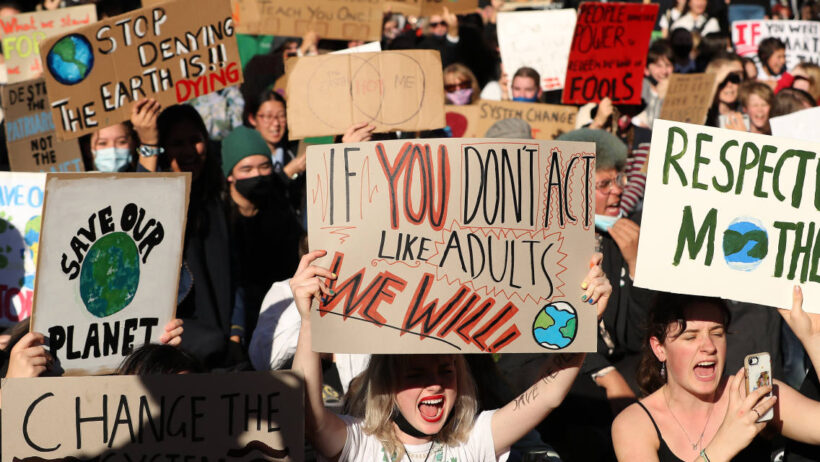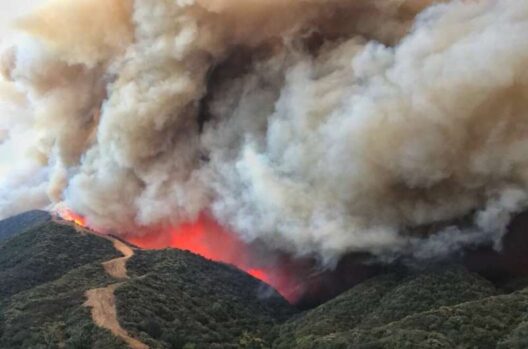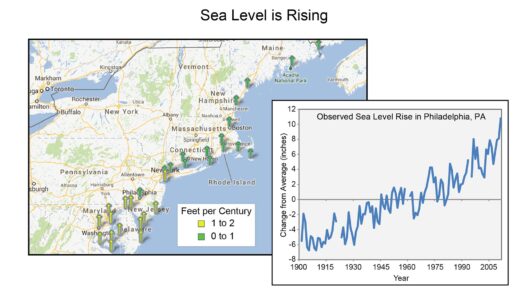Climate change is an unequivocal challenge that confronts humanity, a multifaceted dilemma that transcends geographical borders. It is an issue of profound importance, demanding an unprecedented level of collaboration among nations, communities, and individuals. Why exactly is climate change an issue that we must tackle together? Is it simply the plight of the Pacific Islands, or could it be the future of global civilization at stake? The answer lies in the intricacies of interdependence, shared responsibility, and the pursuit of sustainable solutions.
First and foremost, the impacts of climate change do not respect national boundaries. A drought in one region may lead to famine in another; flooding in one area may provoke migration and social unrest elsewhere. The interconnectedness of today’s global landscape means that climate perils in one part of the world can have repercussions that ripple outward, affecting economies, health systems, and social stability globally. For example, consider the phenomenon of climate refugees—individuals compelled to flee their homes due to severe climatic events. As millions are displaced, the burden of resettlement, both humanitarian and economic, is shared by nations across the globe.
Moreover, climate change exacerbates existing inequalities. Vulnerable populations, often the least responsible for carbon emissions, suffer the most. These communities face higher risks due to their lack of resources and adaptive capacity. The disparity raises a critical ethical question: if affluent nations have historically contributed the most to greenhouse gas emissions, what moral obligation do they hold towards the nations suffering from climate change’s harshest effects? Tackling climate change collectively is not merely a practical approach; it is also a moral imperative.
To pose a playful question, if we were to envision climate change as a game, could one player really win without the cooperation of others? The answer is profoundly negative. Climate change mitigation and adaptation strategies require synchronized efforts. Technologies that reduce emissions in one country can have positive spill-over effects in neighboring regions. Renewable energy sources like solar and wind need robust international collaboration to be harnessed effectively on a large scale. Shared knowledge, technology transfer, and joint policy frameworks are vital. Without unified action, the likelihood of success diminishes greatly, akin to a team competing in a sport where players fail to communicate with each other.
The issue of climate financing further underscores the necessity for global unity. Developing countries often face significant financial hurdles in implementing climate change mitigation strategies. Wealthy nations have pledged billions in climate finance, yet meeting these commitments requires a sustained international effort. Financial assistance not only aids vulnerable countries in building resilience but also promotes global trade and economic stability, highlighting the intricate links between environmental health and economic prosperity.
A significant aspect of our collective fight against climate change is the role of policy implementation at a global scale. Treaties such as the Paris Agreement facilitate countries working towards common goals. The agreement serves as a framework for nations to set their own emission targets, collectively aiming to limit global warming to well below 2 degrees Celsius. Yet, this ambitious mission necessitates a collective commitment that transcends partisan divides—a challenge with which various nations have grappled. Political will is not a finite resource; it can be cultivated through public advocacy and grassroots movements that demand accountability and encourage collaborative initiatives.
Inherent in our fight against climate change are opportunities for innovation and sustainable development. The transition to a low-carbon economy is not merely a necessity; it is an opportunity for nations to revitalize their economies, fostering job creation in renewable energy sectors, sustainable agriculture, and retrofitting existing infrastructures for improved energy efficiency. These shifts lead to a resilient economic landscape, yet the collaborative spirit is crucial for knowledge sharing and access to innovative technologies across borders.
Education and awareness are paramount components of a collective climate response. Understanding climate change’s roots, impacts, and solutions is vital in mobilizing communities to take action. Engaging youth, who are our future leaders, is particularly critical. By integrating climate education into curricula worldwide, we empower the next generation to become informed advocates for effective climate action. This groundwork cultivates a society that understands the importance of collective problem-solving in addressing climate-related challenges.
Furthermore, local grassroots initiatives must not be overlooked. Communities around the world are already witnessing the effects of climate change and are taking action to adapt. Whether it’s a neighborhood irrigation project, local reforestation, or a movement to reduce plastic waste, these initiatives contribute to the global effort. However, integration into larger frameworks and support from national and international entities can amplify their impact. It emphasizes that every individual’s contribution, no matter how small, is integral to the broader fight against climate change.
Ultimately, the urgency surrounding climate change requires immediate, unified action. It is a formidable challenge that demands solidarity among all nations. To ignore this issue is to gamble with our planet’s future, one that ultimately affects every human being alive today. The stakes are high, and the path ahead is fraught with complexities, yet the potential for positive change is boundless.
In conclusion, confronting climate change is an ethical, social, and economic obligation that requires global collaboration. This unity in action can pave the way for innovative solutions that benefit both people and the planet. Together, we can forge a sustainable future, ensuring that the generations to come inherit a world that thrives rather than merely survives. This challenge is not insurmountable; it is an opportunity to bridge divides and collectively shape a resilient and verdant tomorrow.







